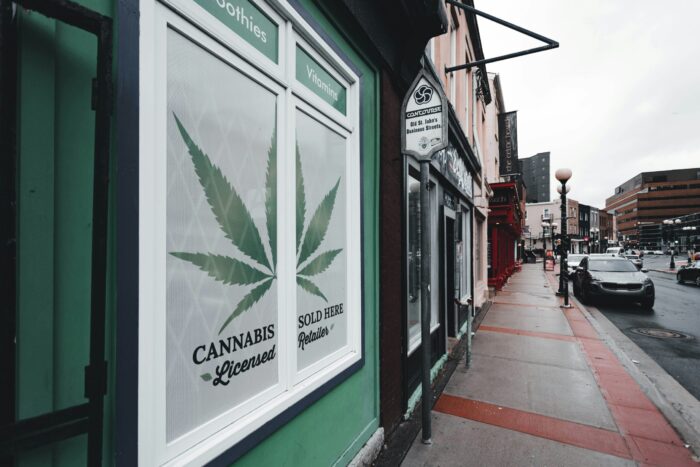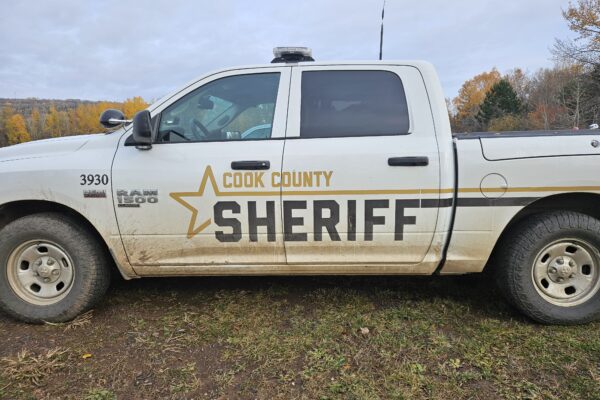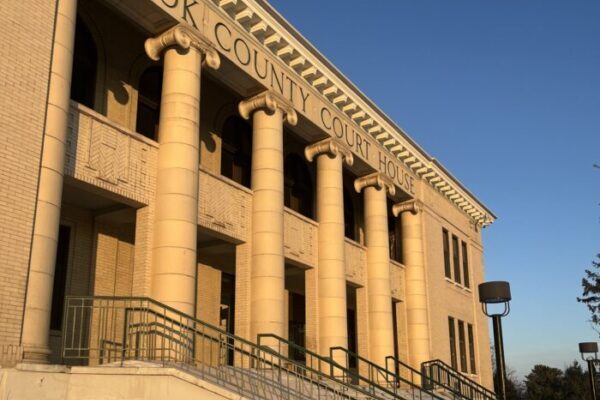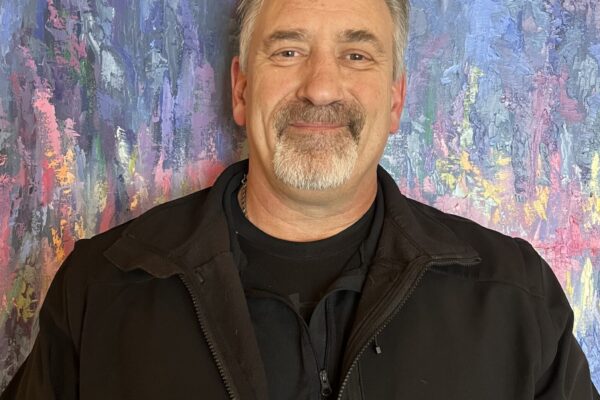As state changes licensing process, county prepares for cannabis business rollout in 2025
The Minnesota Office of Cannabis Management has been taking applications for pre-approval for cannabis businesses who qualify as Social Equity candidates for several months. The OCM intended to hold a lottery for those candidates at the end of November, but the process was delayed due to a legal challenge, and since that time the stat has announced changes to their planned rollout.
WTIP spoke with Cook County Attorney Molly Hicken about the legal challenge. She explained that during the pre-approval period, a slew of applications were rejected by the Attorney General’s office . Those applications came in during the period reserved for Social Equity Applicants. Hicken defined those applicants as, “Individuals and businesses who are in this category of having been negatively impacted in the past by cannabis prohibition.” She gave the examples of people of color, veterans, small farmers, and military service members.
Of the roughly 1,800 applications submitted during that pre-approval period, over 1,100 of them were rejected by the AG. Hicken said that about 200 of those applications were rejected on the grounds that the applying business was established in agreement with a larger company, with the individual having the option to sell back the business to the larger company after receiving a license. Hicken said, “What the AGs office says is that this was clearly part of a scheme by a larger business entity to kind of flood the system with applications and allow themselves a higher chance at receiving a business license through the lottery system.”
The rejection of so many applications led to some legal challenges to the OCM from the applicants who were rejected. As the litigation arose, the state initially delayed the social equity application lottery, on Dec. 11 the Office of Cannabis Management announced that they would not be holding that lottery at all. The statement read:
To avoid further delay and risks to social equity, OCM is ending the license pre-approval process and moving forward with opening a standard licensing cycle for both social equity and general applicants beginning early next year. This step allows the office to prevent delays to the market launch due to ongoing litigation and retain some benefit to social equity by allowing applicants for license pre-approvals to move into this new round.
They also released a new timeline for applicants both those who qualify as social equity applicants and general applicants for early 2025. The timeline included a lottery set tentatively for May or June of next year. That lottery will include some licenses designated specifically for social equity applicants.
The state continues to navigate building a framework for issuing licenses, but Hicken told WTIP that at the county level, preparations were being made to be ready for the eventual rollout. She said that existing businesses that currently sell lower potency hemp-derived THC products were already seeing state compliance inspections, which she said was of particular interest to the county. She added, “The county’s cannabis regulation committee is interested in how the state is going to enforce its own law, because we kind of see ourselves as being here to fill a gap between what the state does and what county residents believe should be done for compliance and enforcement.”
One topic that has been raised several times during conversations around the state licensing and county ordinance crafting is the county’s inability to limit who might be awarded a permit. Several times during public meetings, concern has been raised about applicants from outside the county being granted permits and then establishing their business in the county. Hicken said that the county does not have a way to prohibit that, but that she is hopeful that the area’s business community could help support local entrepreneurs if they seek to open a cannabis business.
WTIP’s Kirsten Wisniewski spoke with County Attorney Molly Hicken about the most recent updates to the state cannabis licensing process. Audio of that interview is below.














